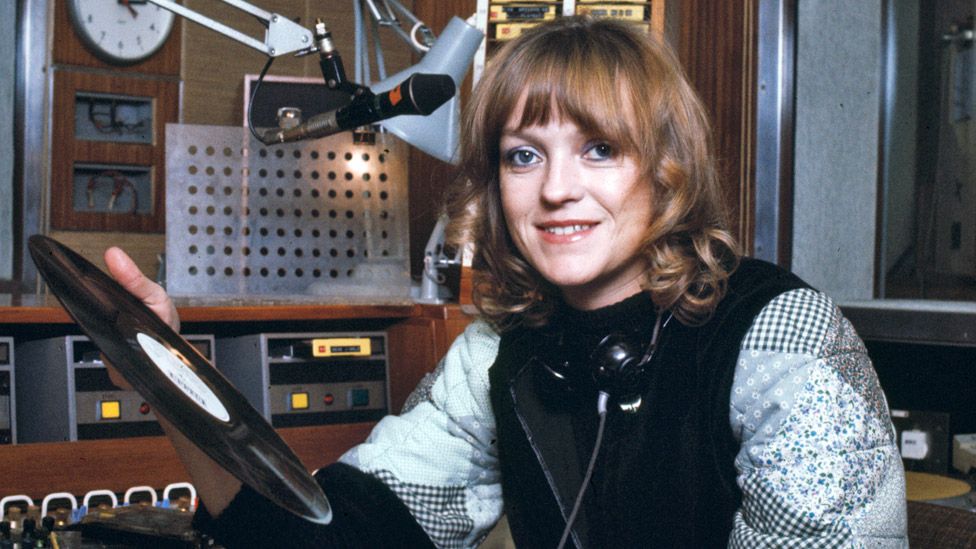Annie Nightingale’s passing at the age of 83 marks the end of an era in the world of broadcasting. As BBC Radio 1’s first female presenter, she was a revolutionary figure who not only shattered glass ceilings but also reshaped the landscape of music broadcasting. Her journey, beginning in 1970, is a testament to her tenacity and passion for music, making her a pioneer and a symbol of change and inspiration.

Nightingale’s influence extended beyond just being a voice on the radio; she was a cultural icon who challenged gender norms and broke down barriers in a male-dominated industry. Her role in challenging sexual prejudice and male fear paved the way for countless women who followed in her footsteps. Her children, Alex, Lucy, Olie, and Will, remember her as more than just a mother – they see her as a beacon of inspiration, a trailblazer who illuminated the path for future generations.

Her versatility as a DJ was legendary, spanning a range of genres from breakbeat techno to rock’n’roll. Nightingale was not just a voice on the airwaves but also a familiar face on television, most notably on “The Old Grey Whistle Test.” Her commitment to playing music she believed in, as reflected in her 2020 memoir “Hey Hi Hello: Five Decades of Pop Culture From Britain’s First Female DJ,” showed her dedication to authenticity over mainstream trends.

Her association with iconic figures like The Beatles and her unique insights into the music industry further cemented her status as a key figure in the cultural zeitgeist. Nightingale’s legacy is not just in the records she played but in the hearts and minds she inspired. Her family’s announcement of a memorial in the spring is a fitting tribute to a life so vibrantly lived, offering an opportunity for many to celebrate her remarkable journey and lasting impact.
Annie Nightingale’s departure is a profound loss, but her spirit and influence will continue to resonate through the corridors of broadcasting history and the music she loved dearly.






































